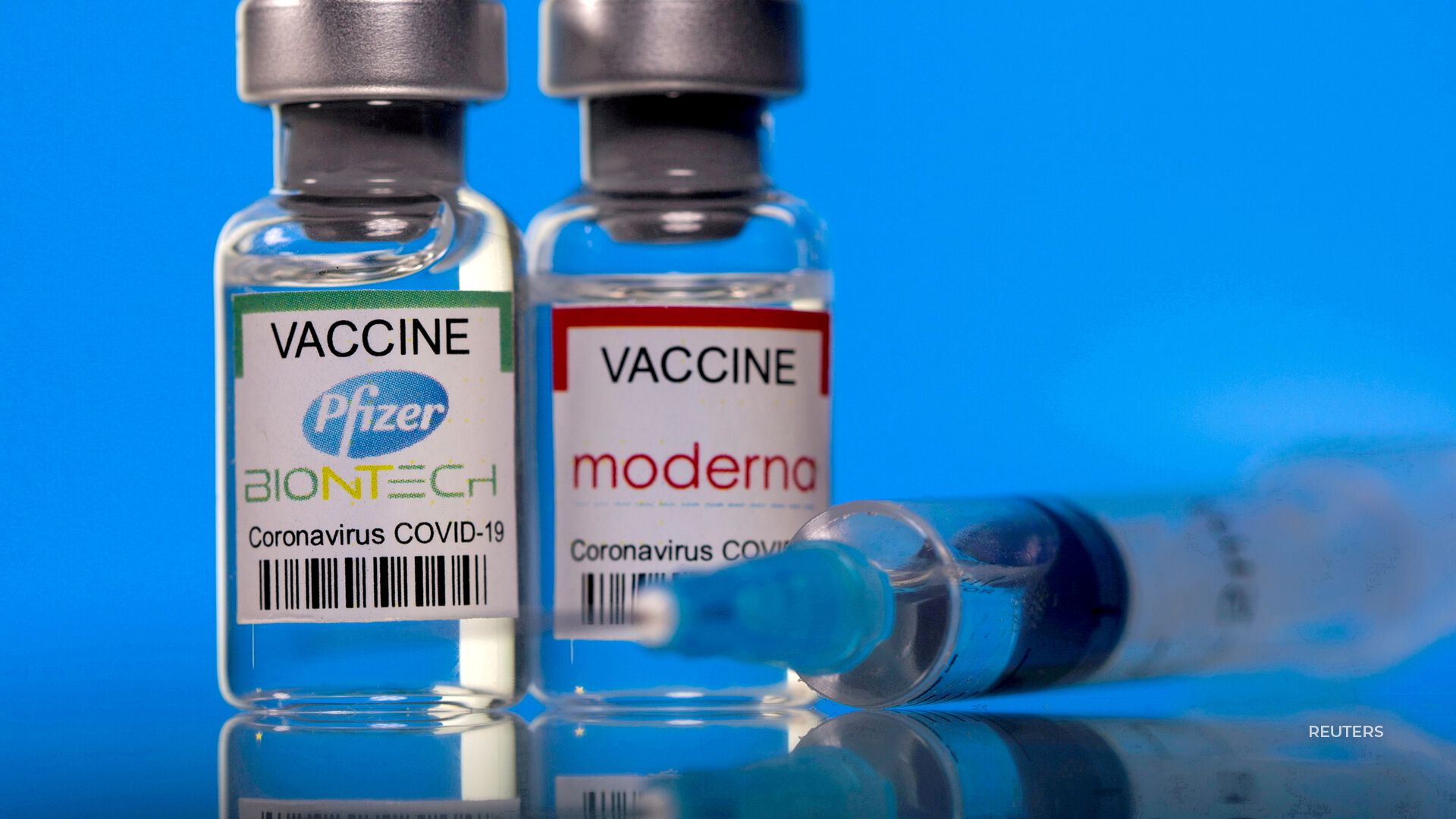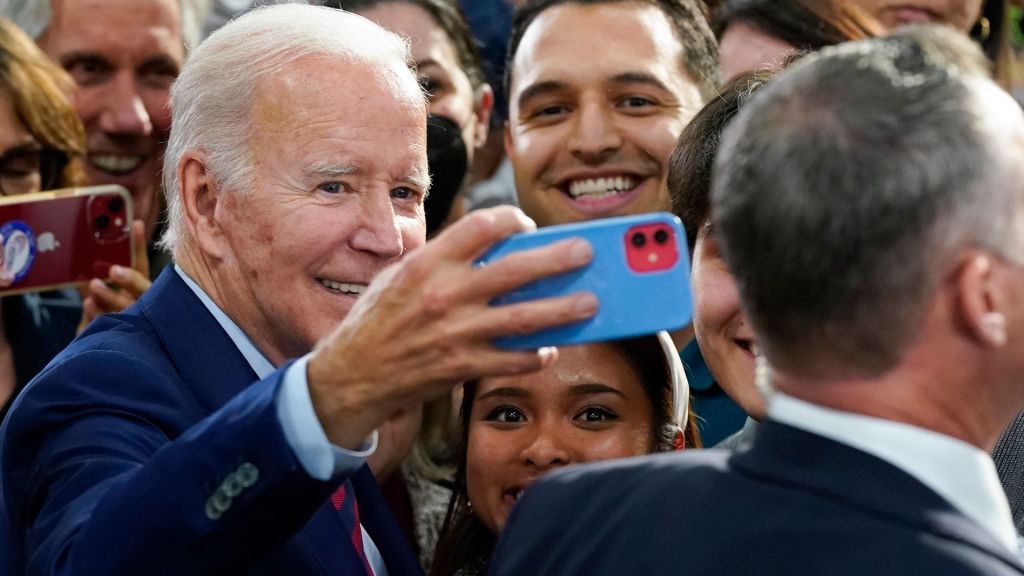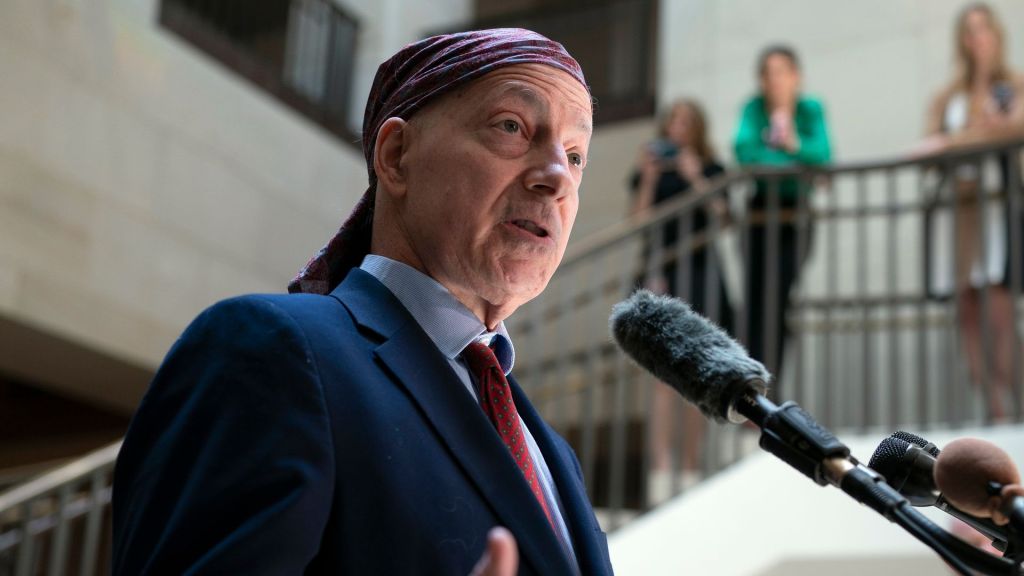
Dr. Peter Marks, FDA vaccine chief: “We opened up the availability of all of the three boosters for everyone over 18 years and over. So we’re now in a place where if it’s been at least two months since you’ve had a Janssen vaccine or at least six months since you’ve had the Pfizer or the Moderna vaccine, you can go get a booster vaccination.”
“As I think we are at a point in this pandemic that everyone, including state governors, are getting a little bit desperate. This has really tried everyone. The country has been tried tremendously by this, and I think the spectre that they know as well as I just mentioned, that we’re going into a cold season, cases going up, high travel season, people indoors sharing good holiday times together.”
“At FDA, the way we do the right thing is we move as rapidly as we can, but we have to do the right thing by doing the right analyses to make sure that when we take an action, we can make sure that we stand behind it. And those that are less leaning forward come along.”
“We heard loud and clear that people needed something simpler. And this, I think, is simple, right? It’s you know, you receive the vaccines, if it’s more than two months for Janssen, more than six months for Pfizer or Moderna, go out and get a booster. Any one of the boosters will do.”
“We do believe that being vaccinated reduces the risk of spreading COVID-19, and so that’s a good thing as well. So I would encourage people to help protect themselves against getting breakthrough COVID, which could be associated with long COVID and protect others around them, particularly as we go into the holiday season.”
Dr. Doran Fink, FDA deputy director: “This morning’s FDA Emergency Use Authorization expands the populations eligible for a single COVID-19 vaccine booster dose to include all individuals 18 years of age and older who have completed primary vaccination with an FDA authorized or approved COVID-19 vaccine, regardless of the vaccine used for primary vaccination.”
“In considering the recently increasing incidence of COVID-19 in the US and abroad, including breakthrough cases in vaccinated individuals and newer evidence providing reassuring information about the risks of myocarditis and pericarditis following mRNA COVID vaccine booster doses, FDA determined that the known and potential benefits of expanding booster dose eligibility for these mRNA COVID-19 vaccines now clearly outweigh the known and potential risks. It’s important to note that even with evidence of waning vaccine effectiveness among vaccinated individuals, the predominance of serious COVID-19 outcomes remain among unvaccinated individuals. Thus, FDA acknowledges that while the impact of expanding booster dose eligibility is expected to be most clear on the individual level, that is providing additional protection to vaccinated individuals against breakthrough cases of COVID-19 and potential serious consequences, the greatest impact on a population level is still dependent on increasing vaccine uptake among those who are eligible for primary vaccination, but still unvaccinated.”
Dr. Nirav Shah, Association of State and Territorial Health Officials: “States were strongly in support of expanding, clarifying and simplifying the eligibility guidance in the manner that’s been discussed and proposed. Indeed, I’ll take it a click further. There was not a single state that voiced opposition to this move.”
“The current guidelines, though well-intentioned and thoughtful, generate an obstacle to uptake of boosters. In pursuit of precision, they create confusion. This is what we see happening in our jurisdictions. Individuals who right now are absolutely eligible for boosters are not able to parse the guidelines to come to that conclusion on their own. This is in part an inherent limitation of the approach that we’ve used here, wherein individuals make their own eligibility determination.”
“We urge you to move in the direction of expanded, simplified eligibility.”
Lynn Bahta, committee member: “I think it’s dangerous for us in the last five minutes to make this move without having spent an hour talking about, you know, show me the hospitalizations and the outcome of the hospitalizations on those 50 to 64.”
Dr. Matthew Daley, committee member: “The reason I’ve come down on the, on the side of feeling more comfortable with ‘should’ over age 50, and I’m not one to rush decisions, but the reason I’ve come down on that is really because again, it’s a stronger recommendation and I want to make sure that we provide as much protection as we can, including I think there’s some benefit to the 50 to 64-year-olds broadly, including those without a medical condition when I look at kind of the the national and the international landscape.”
Dr. Grace Lee, committee chair: “We are 11 yeses and zero nos and vote number one passes.”
“For vote number two, we have 11 yeses and zero nos and vote number two passes.”






